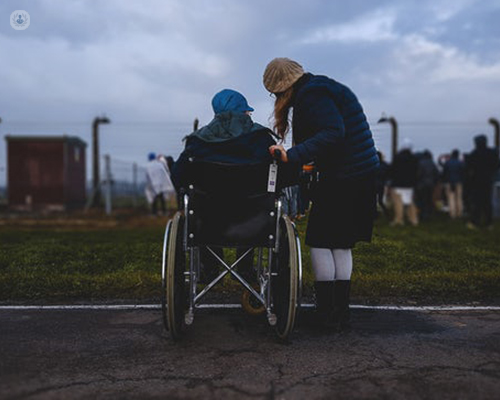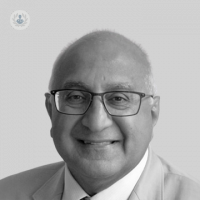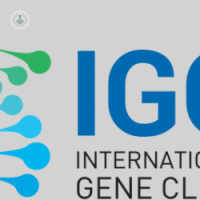Huntington's disease
What is Huntington's disease?
Huntington's disease is a hereditary condition caused by a faulty gene in the DNA, which gradually stops parts of the brain from functioning. It can have a severe impact on a person’s abilities, affecting their coordination and movement, thinking behaviours and memory.
Most people can develop symptoms as early as age 30 but the disease progresses later in life. Huntington’s disease is terminal with its full course running between 10-30 years. If diagnosed with juvenile Huntington’s disease (under age 20), death typically occurs in about 10 years.

What are the symptoms of Huntington's disease?
The symptoms of Huntington’s disease can include:
- muscle stiffness
- difficulty moving
- alterations in posture and balance, stumbling and clumsiness
- difficulty reading and writing
- difficulty swallowing and chewing
- problems speaking and concentrating
- memory loss
- psychiatric disorders - depression, insomnia, thoughts about death and mania.
How is Huntington's disease inherited?
Huntington's disease is hereditary and the patient is only at risk of developing it if one of their parents has or had it. It can manifest in both men and women. There is a 50 per cent chance of developing the condition and a 50 per cent chance of never developing the condition if a parent has the gene. The affected person may have the disease gene but not know it until they start to develop the symptoms. Through genetic and neurological tests, it can be diagnosed whether the gene is present and how it will develop.
Can Huntington's disease be prevented?
Although the cause of the disease can be diagnosed even before suffering from it, there is currently no way to prevent its occurrence or the degenerative deterioration that follows. Early detection may be useful to better adapt to the situation.
How is Huntington's disease treated?
Huntington's disease cannot be stopped. Specialists will prescribe treatments to control the symptoms through the use of certain medications.
Can Huntington’s disease be cured?
There is currently no cure for Huntington’s disease. Support can help reduce problems such as depression, physiotherapy can help with movement and balance, and speech and language therapy is beneficial for feeding and communication difficulties.



